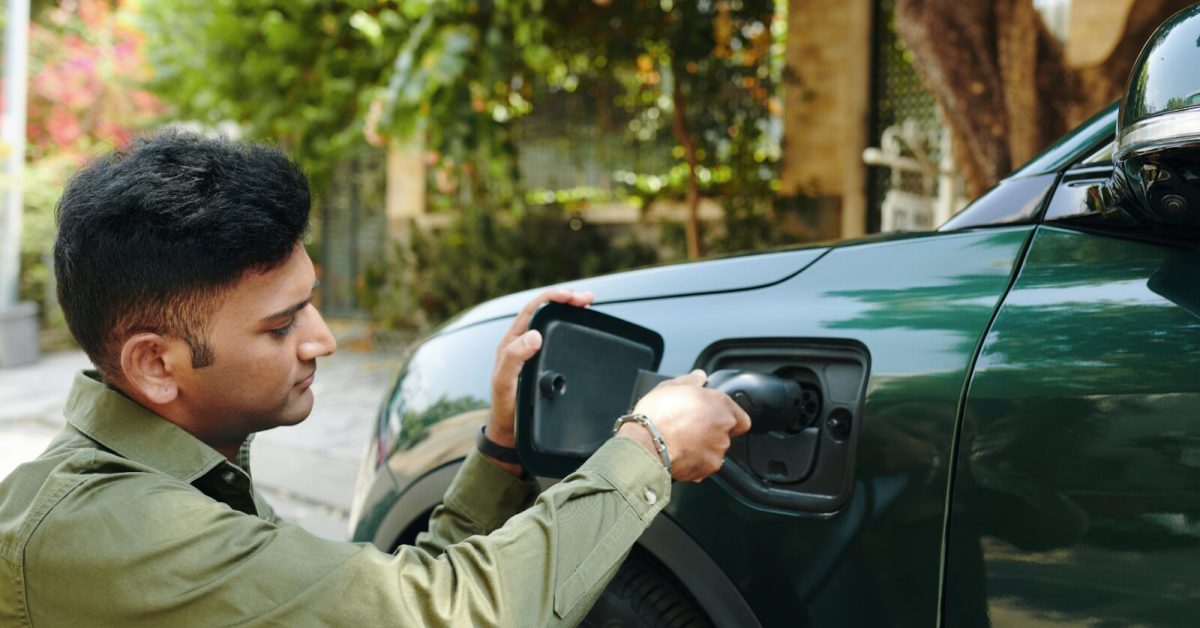Electric vehicles may promise fewer maintenance headaches than their gas-powered counterparts, but they aren’t completely hands-off. From batteries and brakes to tires and software, EVs have unique service needs that keep them reliable for the long haul. For drivers in places like Loveland, Colorado, where altitude, cold winters, and warm summers add extra stress, understanding these maintenance requirements is essential. This guide breaks down what EV owners need to know to protect performance, extend battery life, and avoid costly repairs.
What Maintenance Is Required on an Electric Vehicle?
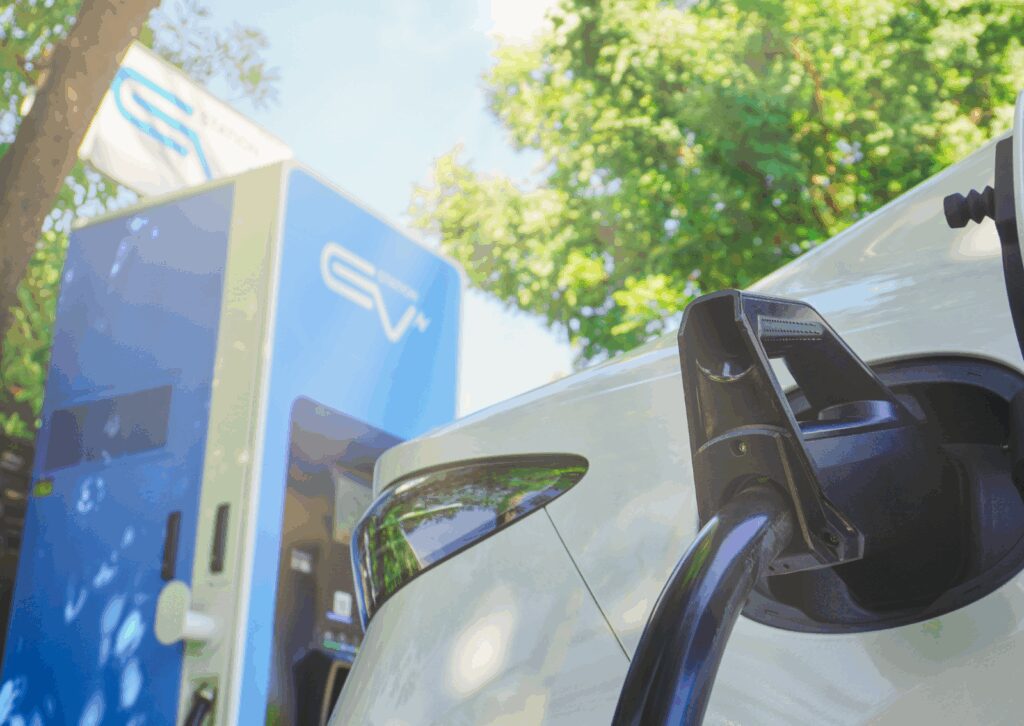
Electric vehicles (EVs) have fewer moving parts than traditional cars, which means less maintenance overall. There are no spark plugs, timing belts, or engine oil changes to worry about. Still, asking what maintenance is required on an electric vehicle is important, because EVs do need regular maintenance in other areas. Electric car maintenance involves looking after the battery, tires, brakes, fluids, and software systems. These are vital to long-term performance, safety, and efficiency.
At higher elevations like Loveland, Colorado, where winters are cold and summers can be warm, EV owners must pay closer attention to battery performance and tire wear. Regular maintenance helps offset these environmental stresses, ensuring EVs remain reliable year-round.
How Does Battery Life Shape EV Maintenance Needs?
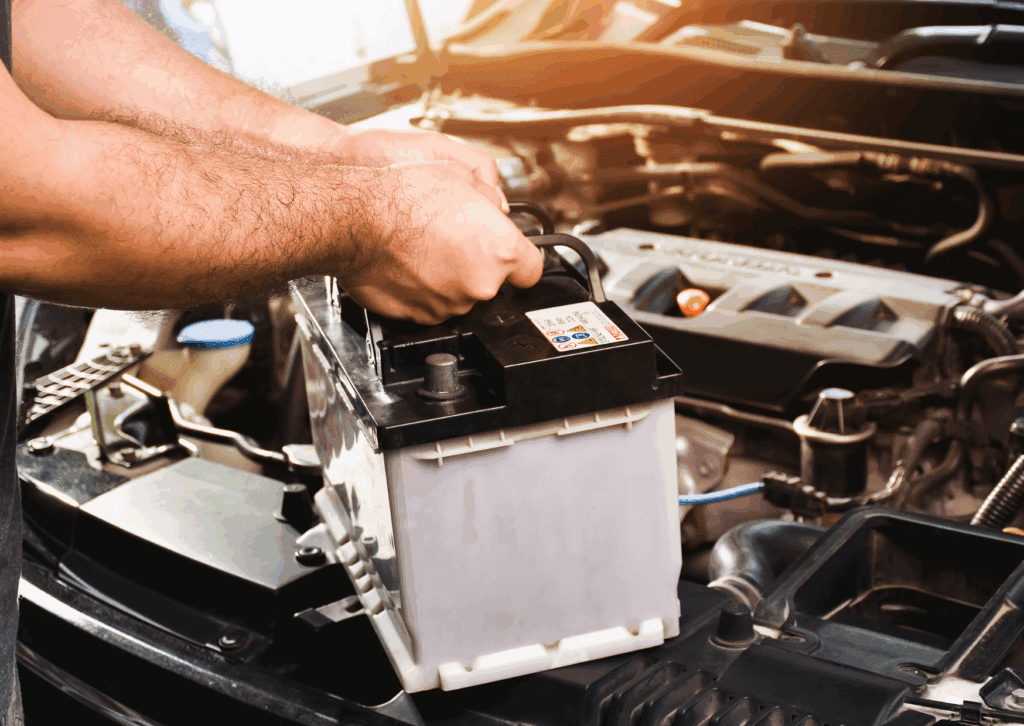
The battery pack is the most important part of an electric car. Protecting battery life ensures fewer repairs and lower costs over time. EV owners should understand that while battery warranties often cover several years, proper care is still required to keep batteries strong.
Key steps for maintaining battery life include:
- Avoid charging to 100% daily; keeping the charge between 20% to 80% helps reduce wear on EV batteries.
- Protect the battery pack from extreme temperatures by parking indoors or using thermal management systems.
- Check coolant levels that keep the battery and power electronics cool, replacing coolant as recommended.
- Schedule professional inspections for high-voltage systems to ensure safety.
At Metric Motors, technicians provide battery health diagnostics, coolant flushes, and system checks that extend battery life and maintain manufacturer warranty coverage.
What Role Do Tires, Brakes, and Fluids Play in EV Maintenance?
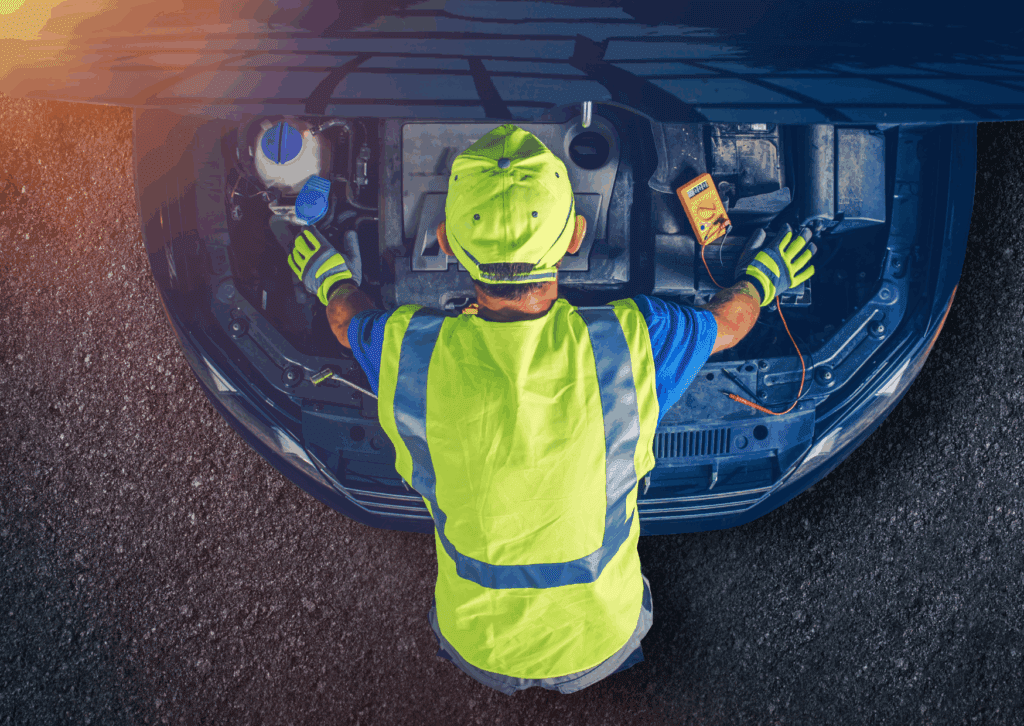
Even though EVs have fewer fluids and require less maintenance than gas vehicles, tires, brakes, and fluids remain essential.
- Tires: Because electric vehicles are heavier due to their battery pack, tires experience faster wear. Regular tire rotations, maintaining proper air pressure, and choosing EV-rated tires protect safety and efficiency.
- Brakes: Regenerative braking reduces wear on brake pads and rotors, but brake fluid still needs regular replacement to avoid moisture buildup. Brake inspections ensure hydraulic systems are safe and reliable.
- Fluids: EVs still use coolant for the battery and electronics. Washer fluid and occasional transmission fluid (in some EVs) may also require checks. Cabin climate systems use filters, such as HEPA filters, which must be replaced regularly.
Automotive Loveland Repair offers complete tire services, brake fluid checks, and filter replacements, helping EV owners stay ahead of these maintenance needs.
Which Traditional Maintenance Tasks Can EV Owners Skip?
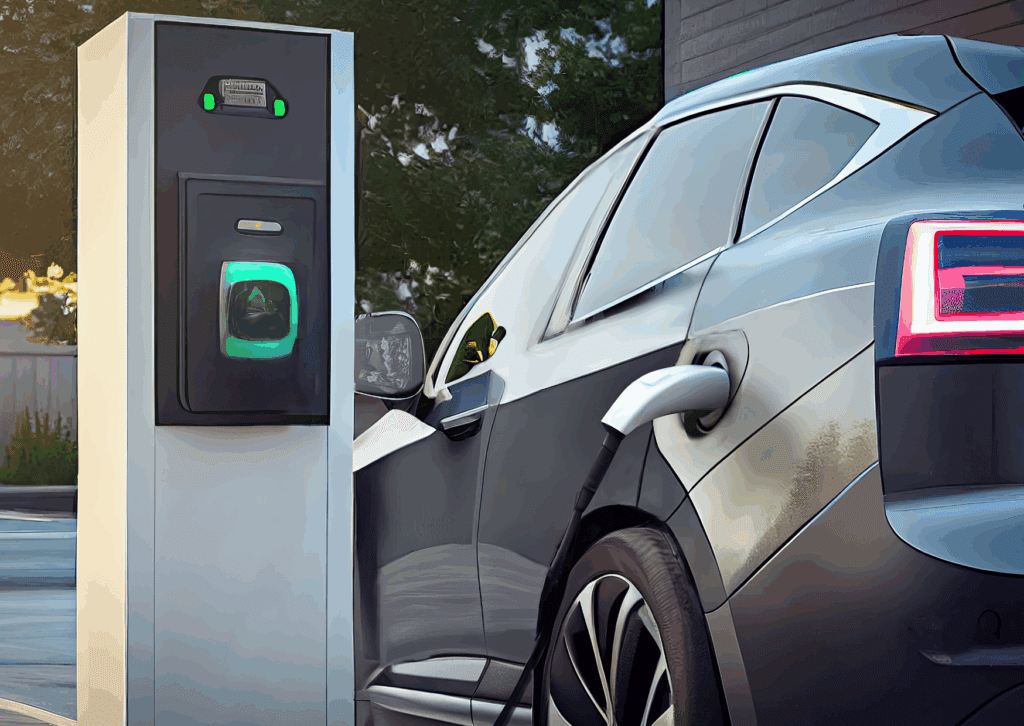
One of the biggest advantages of electric vehicles is that many routine tasks are unnecessary. Understanding what’s not needed helps EV owners focus on what really matters.
- EVs do not use engine oil, so oil changes are not required.
- There are no spark plugs, exhaust systems, or timing belts.
- With fewer moving parts, EVs avoid many of the common wear issues found in traditional engines.
This means electric car maintenance is easier in some ways, but the systems that remain — like the battery, brakes, and cooling, require close attention.
How Often Should Electric Car Maintenance Be Performed?
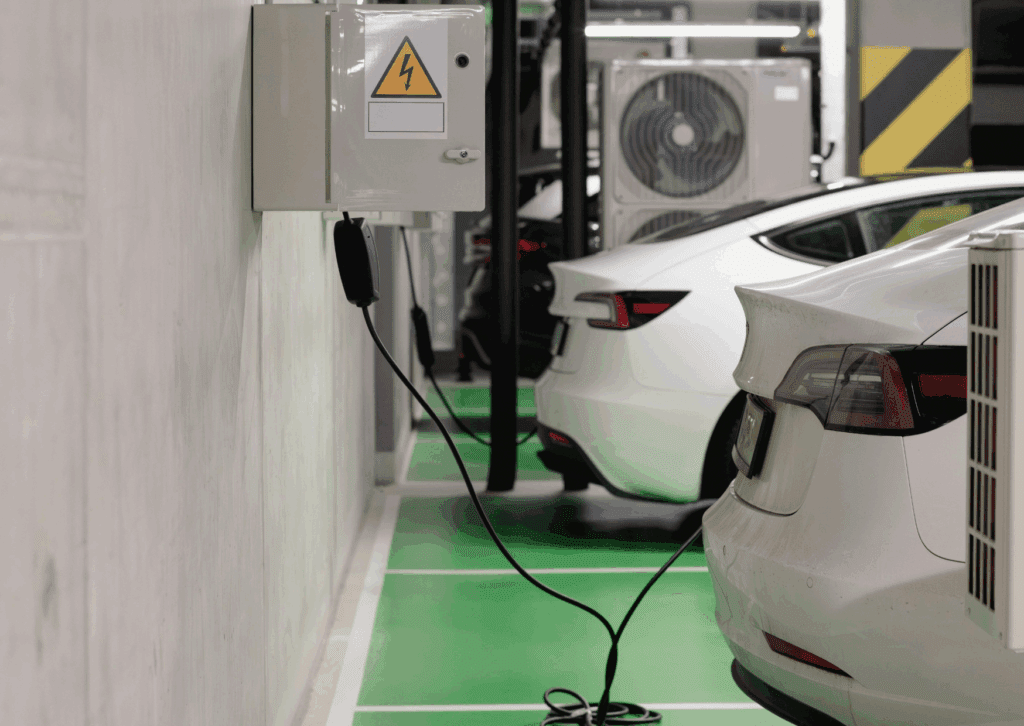
Just like with gas vehicles, electric vehicles require regular maintenance on a schedule. These intervals vary by manufacturer, but some general guidelines are:
- Tire rotations and air pressure checks: every 5,000–8,000 miles
- Brake inspections annually, brake fluid replacement every 2–3 years
- Battery coolant replacement every 50,000–100,000 miles, depending on the model
- Cabin or HEPA filter replacement every 1–2 years
- Windshield wiper bladesare replaced annually or as needed
- Software and firmware updates installed as released by the manufacturer
At Loveland’s higher altitude, batteries work harder in cold winters and hot summers. Regular maintenance ensures the systems adapt to these local conditions. Metric Motors tailors EV maintenance services to Colorado’s unique climate.
What Unique Maintenance Needs Do Electric Vehicles Have?
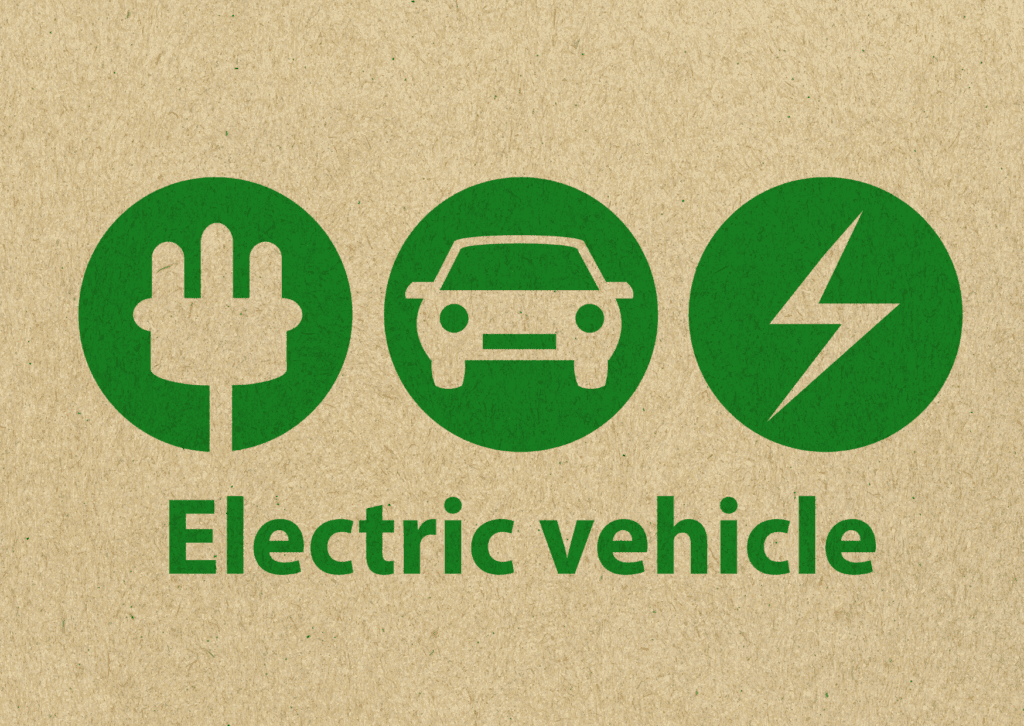
While many systems overlap with gas vehicles, EVs have unique needs that require specialized care.
- High-voltage cable inspections to ensure connectors and wiring remain safe.
- Software and firmware updates to keep systems efficient and secure.
- Battery thermal management checks to prevent overheating or reduced range.
- Climate-specific attention, since Loveland’s elevation and seasonal extremes affect battery and tire performance.
When scheduling EV maintenance online, website protections ensure your information is safe. You may notice a reference like a Cloudflare Ray ID or security solution notice at the bottom of a page. These background systems are designed to block online attacks or malformed data and resolve issues automatically, so customers can submit forms with confidence.
This behind-the-scenes technology is just as important as the hands-on servicing of your EV because it protects your information while you book regular maintenance.
How Can Regular Maintenance Lower Long-Term Costs?
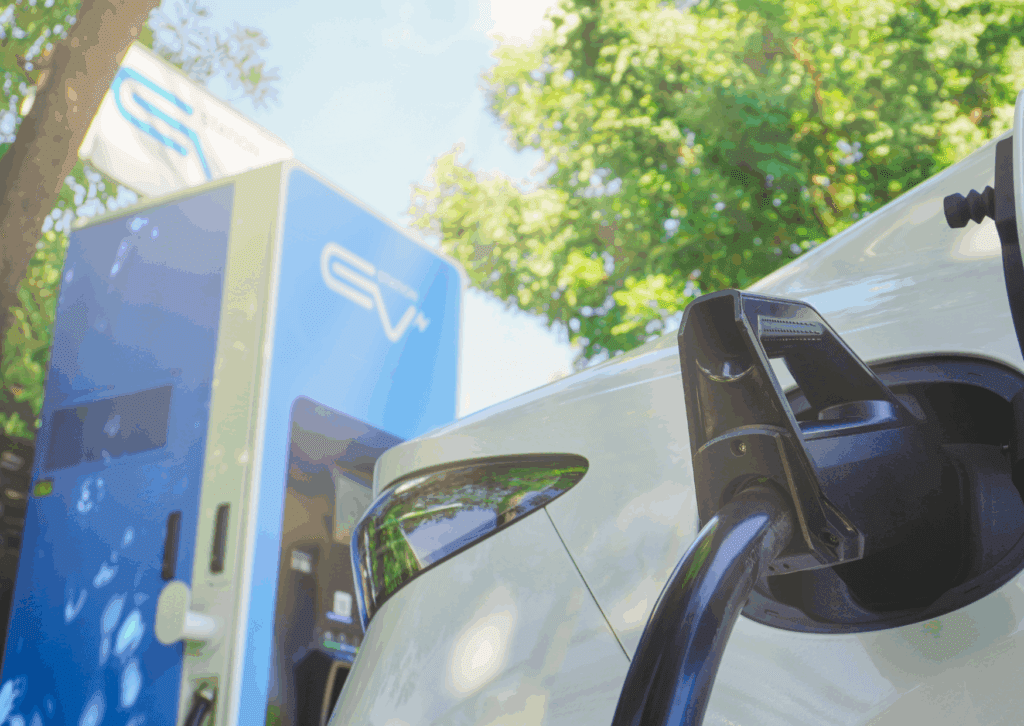
Performing regular maintenance not only keeps your EV running smoothly but also saves money over time. Here’s how:
- Tire rotations reduce uneven wear caused by EV weight.
- Brake inspections extend the life of brake pads and rotors while ensuring safety.
- Battery care prevents premature replacement of the costly battery pack.
- Coolant checks protect thermal systems and prevent expensive failures.
- Software updates improve efficiency and prevent minor issues from growing worse.
By investing in regular maintenance, EV owners avoid unexpected breakdowns and enjoy long-term savings.
Why Should You Rely on Professional EV Maintenance?

While EV owners can monitor air pressure or replace wiper blades, many systems require professional expertise. High-voltage components, coolant systems, and brake servicing are best handled by trained mechanics.
At Metric Motors, ASE-certified technicians provide:
- Battery health diagnostics
- Brake system inspections and fluid replacement
- High-voltage cable and connector checks
- Coolant flushes for battery and electronics
- Cabin and HEPA filter replacement
- Tire rotation and replacement
- Software and firmware updates
They make EV maintenance convenient with flexible scheduling options and customer-friendly services, including drop-offs and available coupons for first-time visitors.
Why Should You Schedule EV Maintenance Now?

Ignoring even small maintenance tasks on an EV can lead to reduced battery life, decreased range, or costly repairs down the road. By acting now, EV owners protect performance, safety, and reliability.
Protect your EV’s performance, safety, and battery life by scheduling electric car maintenance today at Metric Motors. With ASE-certified mechanics and specialized EV services, Metric Motors makes it easy to maintain your EV for long-term reliability. Call now!
Final Thoughts
Electric vehicles may require less maintenance than traditional cars, but they are not maintenance-free. Key areas like the battery, tires, brakes, coolant, and software updates require ongoing attention. For drivers in Loveland, where altitude and seasonal changes put extra stress on EV systems, regular servicing is especially important. By staying proactive, EV owners can ensure long-term reliability, maximize battery life, and enjoy the benefits of lower maintenance needs compared to gas-powered cars.
Works Cited
“Electric Vehicle Maintenance.” Alternative Fuels Data Center, U.S. Department of Energy. Web.
“Electric Vehicle Maintenance in Loveland.” Automotive Repair Loveland. Web.
“EV Maintenance Schedule: Complete Guide.” Automotive Repair Loveland. Web.
“Electric Vehicles 101: Maintenance.” Wheels. Web.
“EV Fluid Maintenance: Coolant and Brake Systems.” FleetRabbit. Web.
Frequently Asked Questions:
1. What maintenance is required on an electric vehicle?
EVs need regular maintenance in key areas like the battery, tires, brakes, coolant systems, and software updates. While they have fewer moving parts than gas vehicles, attention to these systems is vital for long-term reliability.
2. Do electric vehicles need oil changes or spark plugs?
No. Electric cars do not use engine oil or spark plugs, so oil changes and spark plug replacements are not part of EV maintenance. This is one reason EVs have fewer maintenance needs compared to traditional vehicles.
3. How often should electric car maintenance be performed?
General recommendations include rotating tires every 5,000–8,000 miles, replacing brake fluid every 2–3 years, checking or replacing battery coolant between 50,000–100,000 miles, and replacing cabin or HEPA filters every 1–2 years. Software updates should be installed whenever released.
4. Why is battery life so important for EV owners?
The battery pack is the most expensive component in an EV. Protecting battery life through proper charging habits, coolant system maintenance, and professional diagnostics ensures better range and prevents costly replacements.
5. Can I schedule EV maintenance online safely?
Yes. When booking through automotiverepairloveland.com, website security solutions like Cloudflare protect your information. If you see a Cloudflare Ray ID or similar notice when submitting a form, it means the site is blocking online attacks or malformed data to keep your details secure.

